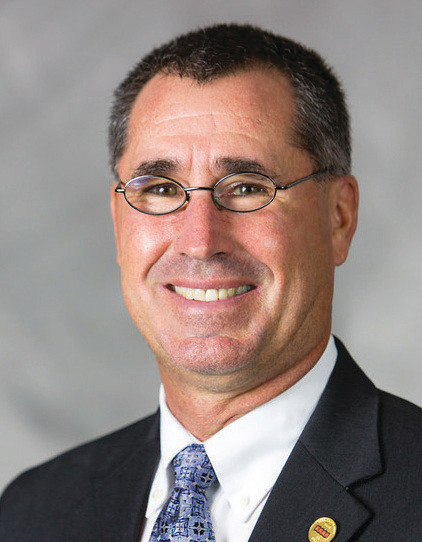
We’ve all heard the phrase, “Don’t put all your eggs in one basket.” This popular adage reminds us that plans that depend too much on a single detail are risky. Good plans always include multiple options or contingencies to ensure success.
This strategy is how I describe the commonsense approach Tennessee’s electric cooperatives take to the current energy transition.
Nationally, there is growing attention — especially in our nation’s public policy arena — on renewable energy sources. Solar and wind energy are certainly beneficial for the environment, but they are limited resources. The sun does not always shine, and the wind does not always blow.
This focus on renewables comes at a time when fossil fuel plants are being taken off-line — often ahead of schedule — and we’re seeing more pressure on the electric grid due to severe weather events and rising demand for energy.
So how do we reconcile these challenges of added demand and a changing fuel mix?
That’s where this familiar adage comes into play. While utilization of renewables is increasing, we still need to incorporate other forms of energy in the mix to ensure reliable service. Our primary responsibility is to provide electricity 24/7 to our communities. To do this, we need reliable sources of power that will meet all the peaks and valleys of on-demand energy in our increasingly connected world.
That’s why we spread our eggs among multiple baskets. There is great value in maintaining a diverse mix of fuel sources — fossil fuels and renewables — to ensure reliability, resiliency and price stability while meeting the growing demand for energy.
As our nation increasingly depends on electricity to power the economy, Tennessee’s electric cooperatives are working to anticipate, plan and respond to market trends and policy shifts. That’s how we can power our communities and our economy while continuing to serve as local energy providers.




